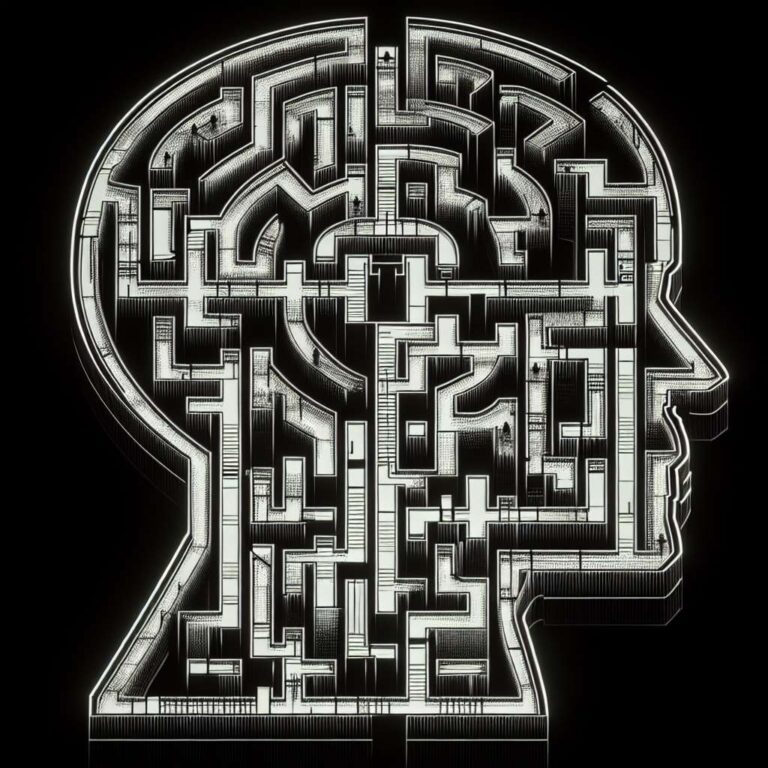As price sensitive consumers exert greater influence, customer experience has become a decisive differentiator for brands. Many organizations struggle to deliver consistent, agile service because of outdated systems, fragmented data, and organizational silos. The current wave of agentic artificial intelligence that can reason and act across workflows presents an opportunity to reshape service delivery, but realizing that potential requires more than isolated tools. The report argues that a unified platform that connects people, data, and decisions across the service lifecycle is essential to move from potential to impact.
The report highlights how artificial intelligence is transforming customer experience. Customer service has evolved from voice based support through digital commerce and cloud to today’s artificial intelligence revolution. Powered by large language models (LLMs) and expanding data pools, artificial intelligence can handle more diverse customer queries, produce highly personalized communication at scale, and assist staff and senior management with decision support. Customers are increasingly receptive as performance and reliability improve. Early adopters report measurable benefits including more satisfied customers, higher staff productivity, and richer performance insights.
At the same time, the study identifies significant barriers. Legacy infrastructure and data fragmentation prevent autonomous tools from moving freely across workflows and repositories, limiting their ability to deliver goal based tasks. Creating a unified platform and orchestration architecture is presented as the key step to unlock value and as a catalyst for broader business streamlining. The report also stresses the importance of preserving the human touch: excessive personalization can unsettle customers and engineered empathy may feel insincere. High performing organizations balance machine and human capabilities, address job displacement concerns through transparent communication and training, and clearly delineate artificial intelligence roles so the technology enhances rather than replaces human connection and expertise.

